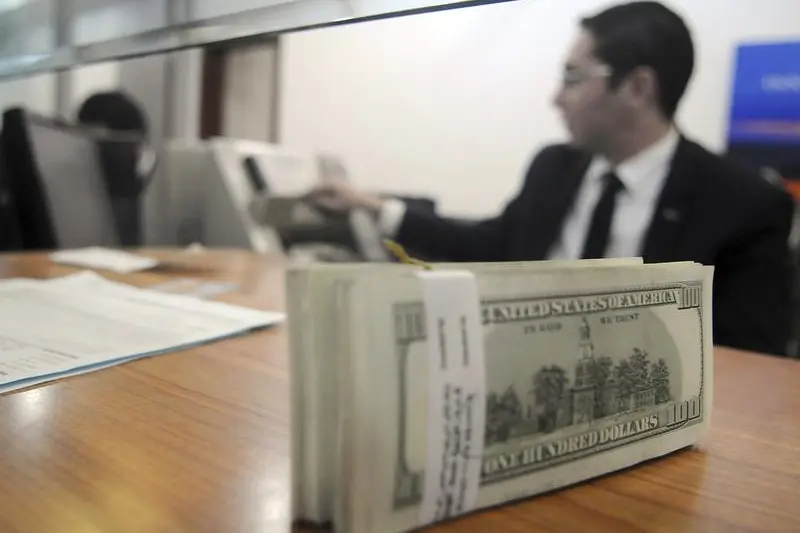PHOTO
The coronavirus epidemic poses risks to Egyptian banks, analysts have warned.
Fitch Ratings Agency said that the credit profiles of banks, which were set to enter into a credit expansion cycle in 2020-2021, could come under pressure in a weaker operating environment and amid an economic slowdown.
The World Health Organisation (WHO) declared the coronavirus as a pandemic early this month after the number of infections outside China increased dramatically.
Various countries around the world have closed their borders to stop the spread of the virus, as the number of cases worldwide jumped to over 200,000.
The ratings agency said that while it does not see immediate pressure on banks' ratings, the material weakening in asset quality affecting the banks' capitalisation could lead to negative rating actions.
All Fitch-rated Egyptian banks' long-term issuer default ratings are at ‘B+,' with stable outlooks.
According to Fitch, the asset quality of banks most exposed to tourism, aviation and trade will be the most vulnerable to the impact of the outbreak and travel restrictions, with the trade and services sectors, including tourism, transportation and the Suez Canal, accounting for about 27 percent of the total banking sector lending and 23 percent of gross domestic product (GDP).
Banks with higher exposures to small businesses will also be affected, given these businesses’ weaker resilience to a deteriorating operating environment.
“Measures by the Central Bank of Egypt (CBE) to restructure credit facilities to the distressed tourism sector for a period of three years combined with a six-month credit extension for corporates and retail could provide some relief, but will delay the recognition of impaired loans and understate the real level of problem loans in the sector,” the note said.
Egyptian banks' un-diversified business models and reliance on high yields on sovereign securities could lead profitability to prove highly volatile over the different interest-rate cycles.
Interest rate cut
The CBE cut its main interest rates by 300 basis points last week as a preemptive move to support the economy in the face of the new coronavirus.
The recent cut, in addition to the cumulative 450 basis points cuts in 2019, will squeeze the banks' margins, according to Fitch.
“Nevertheless, banks with negative short-term interest-rate gaps will feel less pressure as their funding will reprice more quickly than their assets,” the note said.
“Loan impairment charges (LICs) should rise from relatively low levels and banks still have adequate pre-impairment operating profits that provide a cushion against an increase in LICs without hurting their capital,” it added.
Weaker foreign direct investment inflows and remittances from Egyptian expatriates in the Gulf, as well as lower tourism receipts and affected Suez Canal revenues from the global trade slowdown, might constrain banks’ access to foreign currency (FC) supply.
“Stretched FC liquidity and fear of the depreciation of the Egyptian pound might encourage deposit dollarisation, especially in a lower-interest-rate environment,” Fitch said, noting, however, that it believes Egyptian banks will still have adequate FC liquidity buffers.
(Writing by Gerard Aoun; editing by Cleofe Maceda)
#EGYPT #FINANCIALSERVICES #CORONAVIRUS
Disclaimer: This article is provided for informational purposes only. The content does not provide tax, legal or investment advice or opinion regarding the suitability, value or profitability of any particular security, portfolio or investment strategy. Read our full disclaimer policy here.
© ZAWYA 2020





















